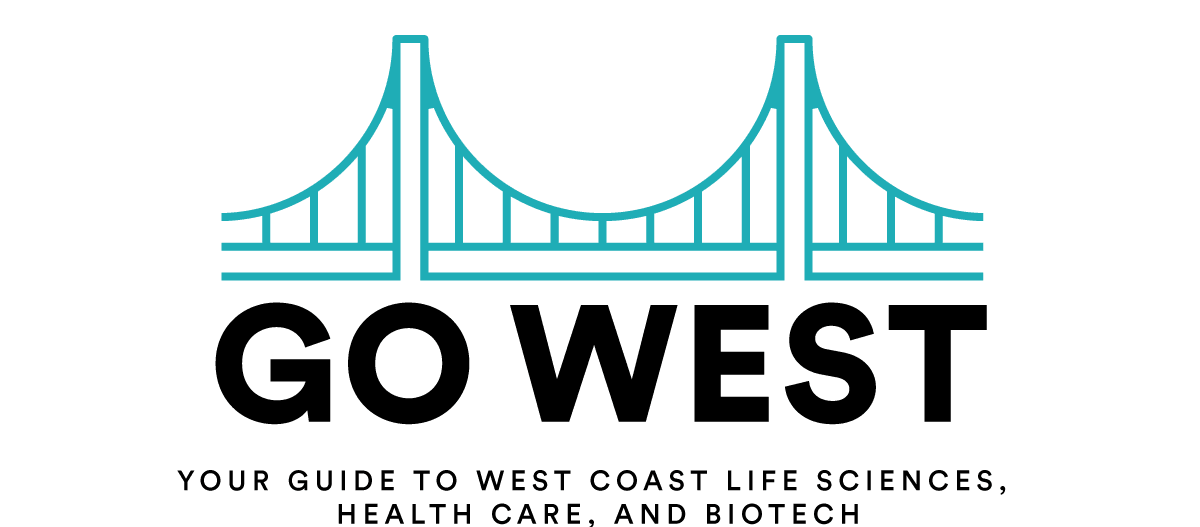

Now, onto the latest headlines
Apple is in talks with the Department of Veterans Affairs about a partnership that would allow the system's 9 million military veterans to import their health records to iPhones, the Wall Street Journal reported. If the deal goes through, it would give Apple access to a huge concentrated patient population — and accelerate the competition among Silicon Valley's tech titans to make their mark in health care.
Here's some news with implications for many of the West Coast's digital health companies: The FDA is considering regulating certain smartphone apps — the kind that track symptoms or remind you to take your meds — as if they're drug advertisements. That would create a path for companies to distribute their apps without having to go through a review with every new update, my STAT colleague Kate Sheridan reports.
How fierce is the battle for biotech talent in the Bay Area? So fierce that cancer drug maker Exelixis is posting help-wanted ads on highway billboards and in the region's subway and train stations. Ron Leuty of the San Francisco Business Times has more on Exelixis's unusual recruiting strategy.
Mapp Biopharmaceutical, a drug company based in San Diego, is spearheading research into a new type of contraceptive that could get around a problem associated with hormonal birth control: all the side effects. My STAT colleague Megan Thielking has more on the technique, which involves tangling up sperm so they can't reach an egg.
In Seattle, the city council passed a new budget for next year that, notably, did not revive a tax credit for biotech companies that was being considered. The money instead went to fund services for the homeless, according to the local Fox affiliate. A tax credit similar to the one being considered had previously been in effect for biotech companies in the city before expiring at the end of 2016.
Verily has shelved an ambitious project to develop a contact lens that senses glucose — the very idea that inspired Google co-founder Sergey Brin to spin out the unit to work on life sciences. In other words: Alphabet's big bet on biotech was built around a vision that has now failed.
Palantir Technologies, the Silicon Valley data miner, is partnering with the German drug maker Merck KGaA to start a joint venture to pitch data analytics tools to cancer researchers. The new collaboration will be called Syntropy, and it will be based in Boston.
Bloomberg’s Kristen Brown is out with a new profile of IndieBio, the San Francisco accelerator for startups working on biology. One interesting factoid I learned from reading Kristen’s piece: About 8 percent of IndieBio's startups have legally closed down, and a few more seem to be inactive.
And finally, some news to be thankful for this Thanksgiving week: In 2013, a 5-year-old boy with leukemia went viral as "Batkid" when the local Make-A-Wish chapter granted his wish to become a superhero by staging several events across San Francisco. Now 10 years old and a robotics enthusiast, Miles Scott recently reached the five-year mark of being in remission from his cancer, the foundation announced.





















.png)









No hay comentarios:
Publicar un comentario